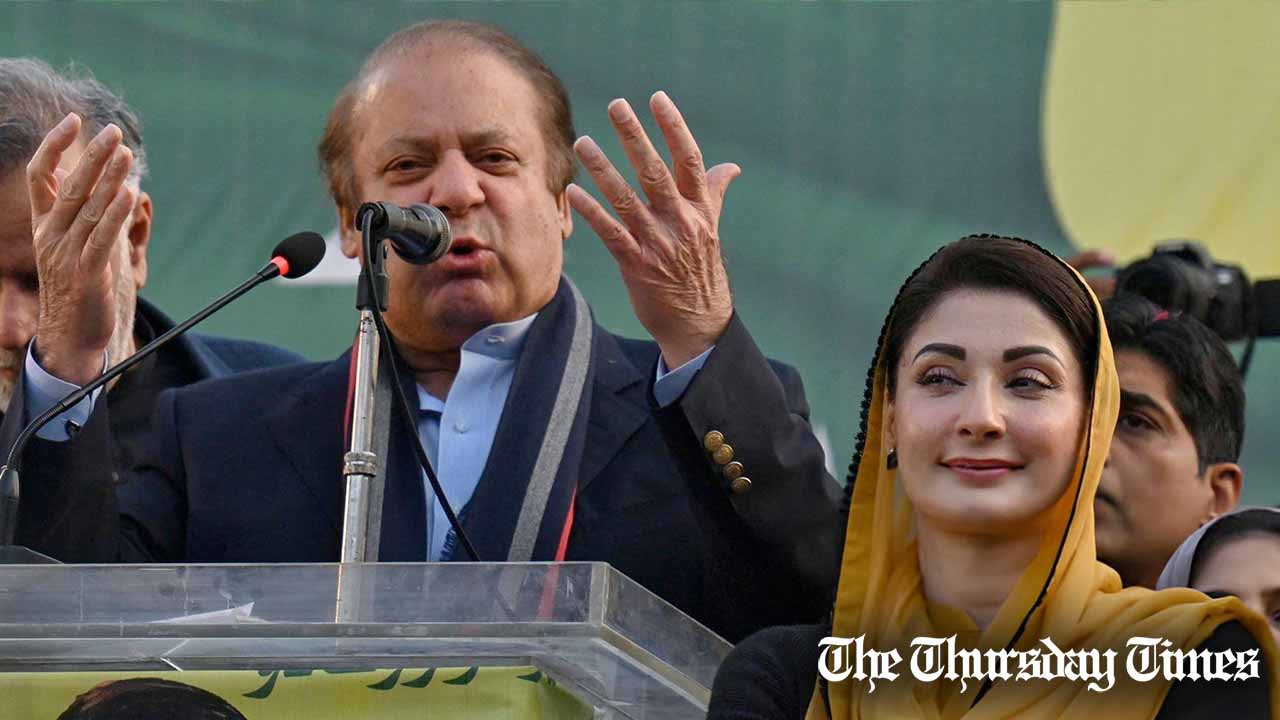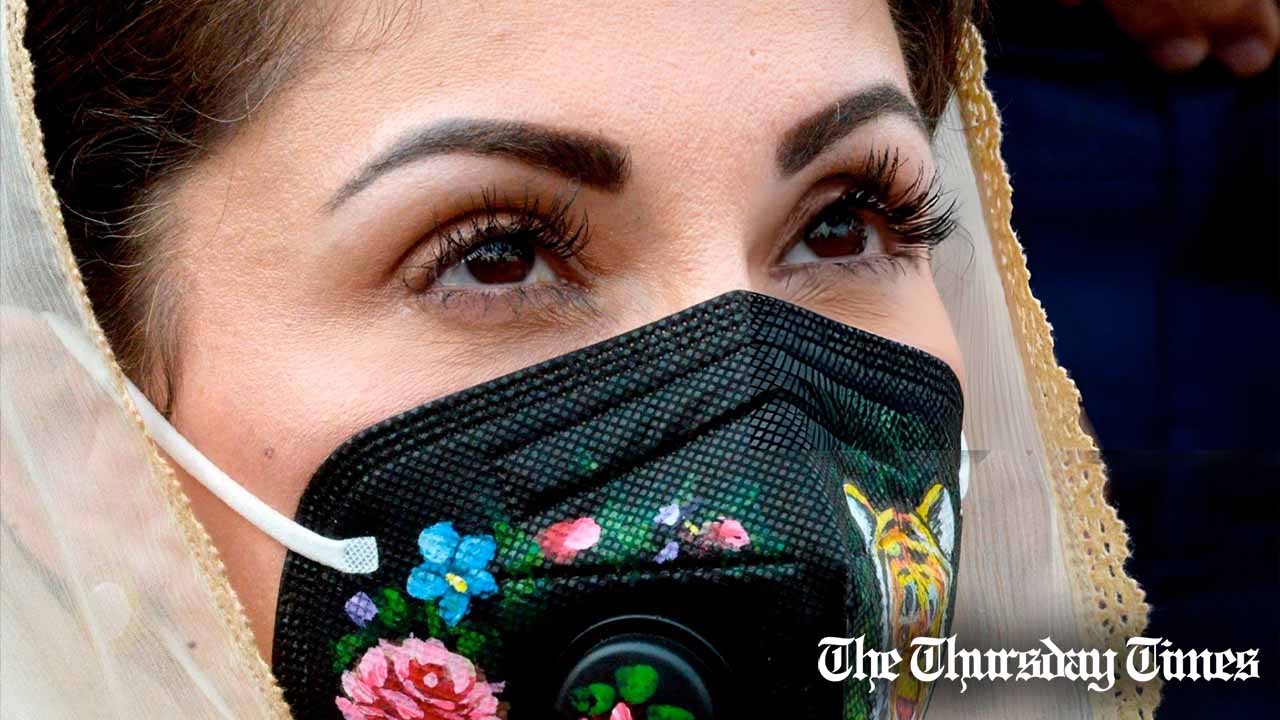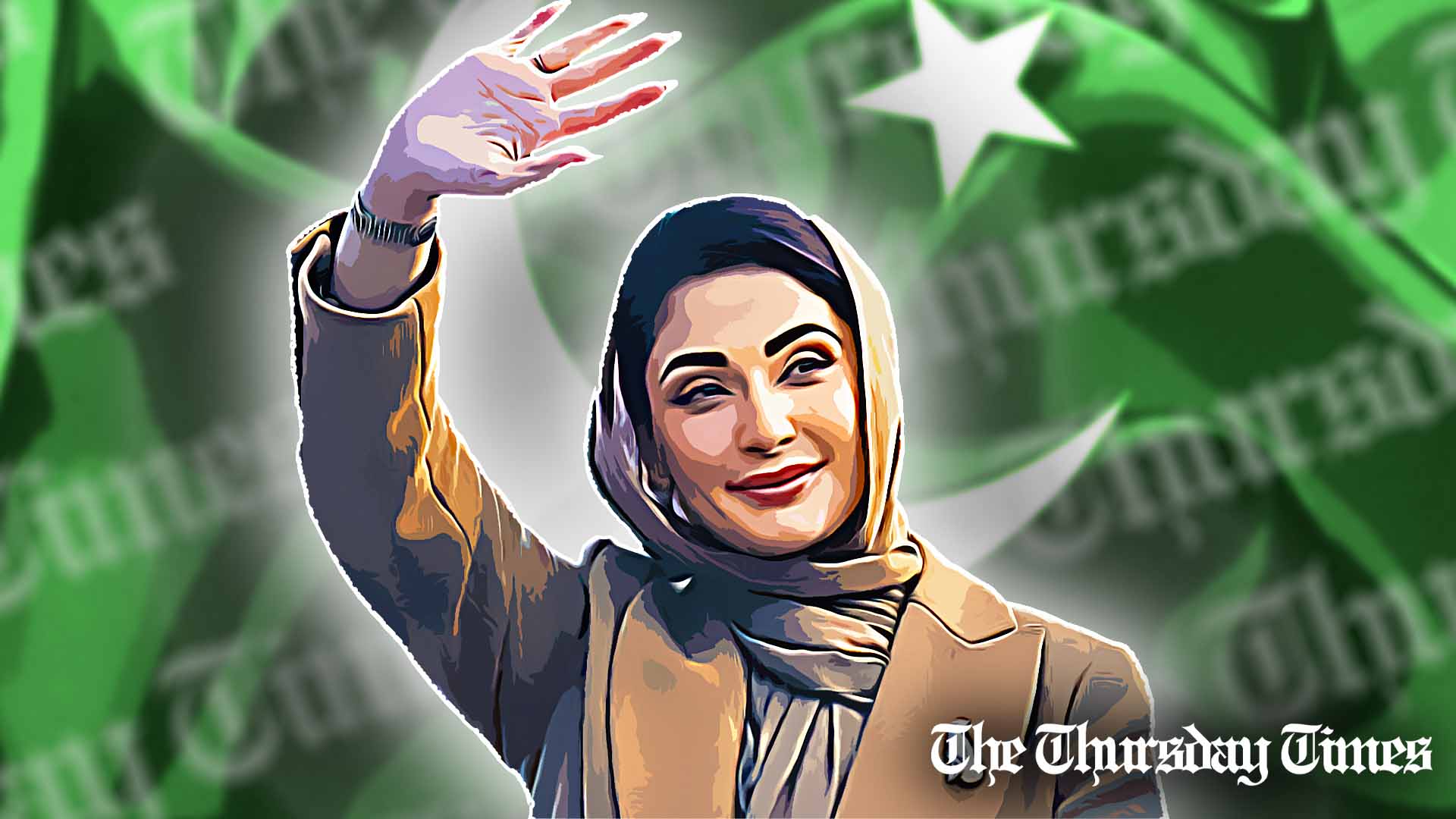IT WAS NO SECRET that a vacuum had overbore the PML(N) senior leadership ever since Nawaz Sharif’s impromptu hospitalisation had led to his exit from the country in 2019, effectively leading the PML(N) without its namesake, or a direction, for that matter. The Thursday Times had discussed these developments, especially in anticipation of Nawaz Sharif’s potential return to Pakistan by the end of 2023. During this interval, the party, once at the forefront of Pakistani politics, struggled under Shehbaz Sharif’s premiership, grappling with the challenging legacy left by the PTI government. Attempts to reassemble the party and the country’s governance into coherence often seemed like trying to start a car when its engine had been stolen. Amidst this turmoil, stalwarts within the party and outside had contemplated the end of Nawaz Sharif’s political era.

Amidst these challenges, it is paramount to remember that Maryam Nawaz had been the foremost figure responsible for maintaining the party’s credibility during a tumultous period marred by Covid and a hybrid regime. A revitalising presence emerged within the PML(N) through Maryam Nawaz, who assumed the roles of senior vice president and chief organiser. Her leadership marked a pivotal shift in the party’s direction, moving from traditional social conservatism towards a more progressive stance that aligns with the needs of contemporary Pakistan. This transition occurs in an era where political entities, including the PTI and the PPP under Bilawal Bhutto-Zardari, are navigating the terrain of Third Way politics, each with their distinct narratives and platforms. Under Maryam Nawaz’s stewardship, the PML(N) has embraced social liberalism and advocated for crucial fiscal reforms, indicating a significant departure from its previous ideological positioning.
This ideological shift has been underscored by the party’s commitment to both social progressivism and economic reform, a stance that distinguishes the PML(N) within Pakistan’s political arena. Mohammad Ishaq Dar, the former finance minister, highlighted the dire economic conditions in an op-ed for The Thursday Times, underscoring the urgency for fiscal reform and positioning the PML(N) as a proponent of progressive policies.

In the forthcoming elections, Maryam Nawaz’s candidacy for NA-119 in Lahore represents a critical moment for her and the party. Her previous electoral efforts were marred by imprisonment on unproven corruption charges, yet she has played a significant role in rejuvenating the Muslim Students Federation (MSF), now headed by former MPA Salma Butt, aligning it with the party’s rejuvenated vision and empowering young women to engage politically. Her transformation from a key political ally of her father to a potential leadership figure in Punjab, and possibly on the national stage, reflects a profound evolution in her political career and presents a new paradigm for female leadership in Pakistan, reminiscent of the legacy left by Benazir Bhutto.
This may be Maryam’s first election, but it certainly won’t be her last.




